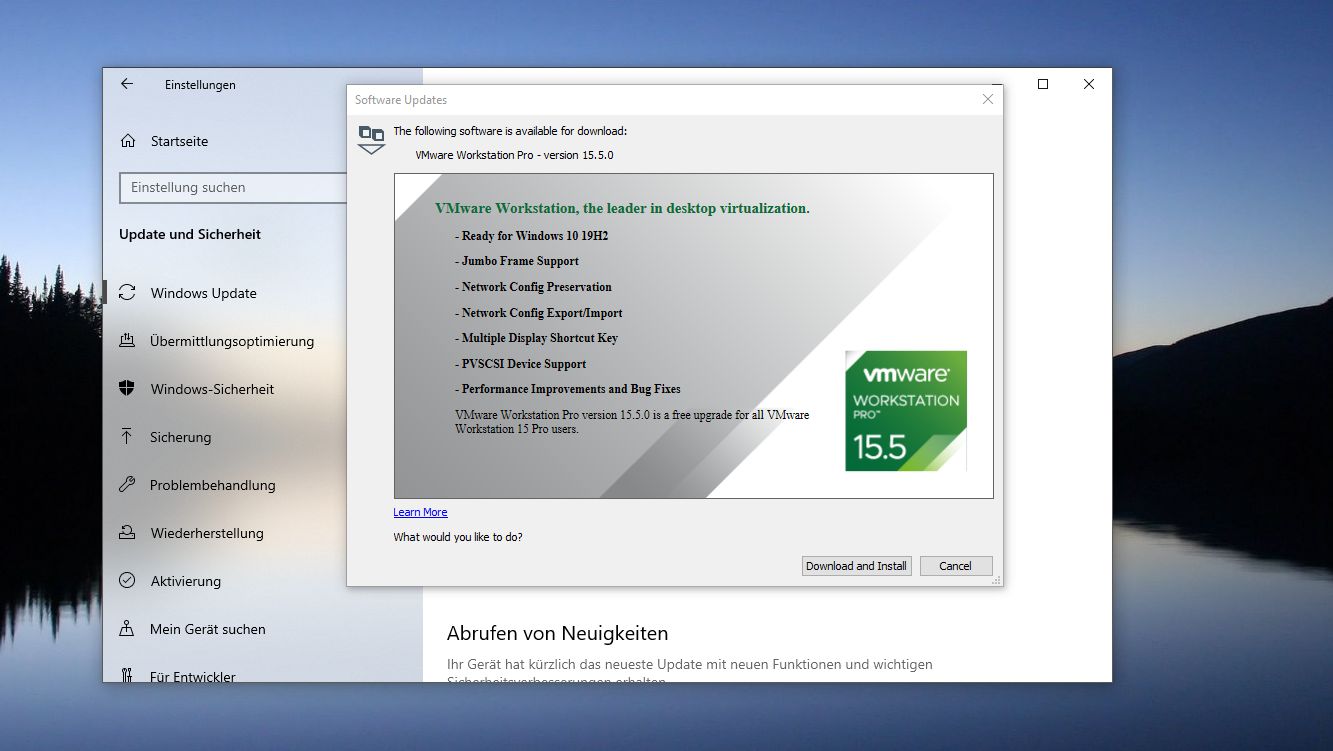

Essentially, vSphere encompasses a set of virtualization products, which include the ESXi hypervisor, vSphere Client, VMware Workstation, vCenter, and others. VMware vSphere is a server virtualization platform created by VMware. Each VM, in this case, is running in its own isolated space, without interfering with the processes in other VMs. Hyper-V provides a virtualization platform on which you can build IT infrastructure of any level of complexity. Hyper-V is a type-1, native hypervisor designed by Microsoft, which allows creating and managing multiple virtualized versions of a computer, called virtual machines (VMs). This blogpost highlights the main Hyper-V vs VMware differences and helps you determine which platform is best for you. Currently, there are two major players who dominate the virtualization market – Hyper-V vs VMware. Essentially, hardware virtualization is made possible with the use of virtualization platforms, which help manage workloads in a virtual environment. Popularity of virtualization technology is attributable to the long list of benefits it provides, including flexibility, cost-efficiency, on-demand scalability, reliability, and portability. Virtualization has long since become a significant part of modern-day businesses. There were no problems connecting using vSphere Client and creating a new VM, so I'm fairly certain that at least the basic functionality should Perhaps I'm misinterpreting this, but that kb article confused me even more.By Jessie Reed Hyper-V vs VMware: Which One to Choose? Using vSphere Client would actually be more convenient, since starting VMs currently ties up one of the host's terminal services Clavell: I didn't know there was a list of unofficially functional hardware, Before I made this post, I installed ESXi to a USB drive on the laptop. Nobody ever physically touches it, and all administration is done through Remote Desktop or SSH to either the host or individual guests. The laptop in question sits a corner of the basement with the screen closed and runs nothing other than run Windows Server 2003 + VMware Workstation 24/7. Thank you all for the I called it a laptop because that's what it actually is, but nowadays it's only used as a VM host.


 0 kommentar(er)
0 kommentar(er)
